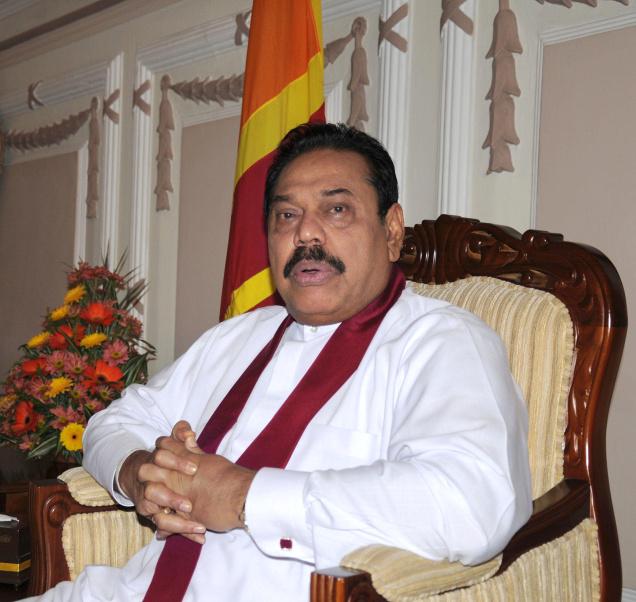International Pressure: A Necessary Counter To The Rampaging Rajapaksas

“Dictators free themselves, but they enslave the people.” - Charlie Chaplin (The Dictator)
There is a particularly pithy Sinhala aphorism which, in inadequate translation, can be rendered as, ‘If both the fence and the bund eats the paddy, to whom do we tell our plight?’[i] In its original, it is an evocative expression of the tragic and despairing dilemma that is created when protectors turn abusers.
That dilemma is becoming increasingly familiar to Lankans, from North to South. In the absence of an independent judiciary, a non-partisan police and a free media, what is the recourse available to the ordinary and the powerless? To whom do we, the people, turn if the very instruments of justice turn unjust?

“Dictators free themselves, but they enslave the people.” - Charlie Chaplin (The Dictator)
There is a particularly pithy Sinhala aphorism which, in inadequate translation, can be rendered as, ‘If both the fence and the bund eats the paddy, to whom do we tell our plight?’[i] In its original, it is an evocative expression of the tragic and despairing dilemma that is created when protectors turn abusers.
That dilemma is becoming increasingly familiar to Lankans, from North to South. In the absence of an independent judiciary, a non-partisan police and a free media, what is the recourse available to the ordinary and the powerless? To whom do we, the people, turn if the very instruments of justice turn unjust?
Change In Political Language Of The North And Confusion In The South
By Athulasiri Kumara Samarakoon -January 30, 2014
 No Suicide Bombers, but Resolutions: Change in Political Language of the North and Confusion in the South
No Suicide Bombers, but Resolutions: Change in Political Language of the North and Confusion in the South
To say that the brutality of the LTTE’s violence does no more exist in Sri Lanka does not explain the entire political reality we are facing today. Otherwise, one can say, new forms of brutalities have emerged in the state under different agencies. However, the violent end of the war has created space for imagining new forms politics aimed at socio-political ‘change’ in the repressive state structure. Yet, none of the core leaders of the separatist movement, who fought till the end, has remained to reflect on the war’s violent lessons. Those LTTE soldiers, who have been detained and given a kind of rehabilitation, and those few remaining core leaders who deserted the LTTE at various points and have joined hands with the Government could still reflect on them at a time when the political leadership in the newly elected Northern Provincial Council have begun to re-write the language of politics sans violence.
.Read More
.Read More

